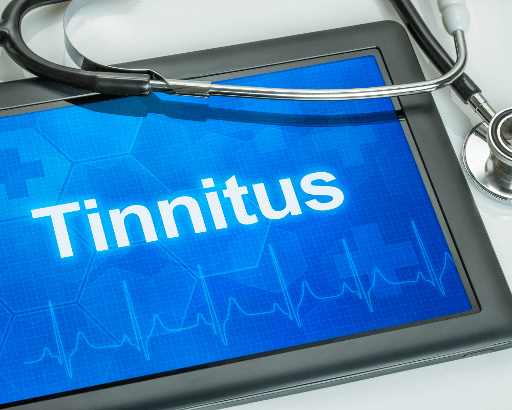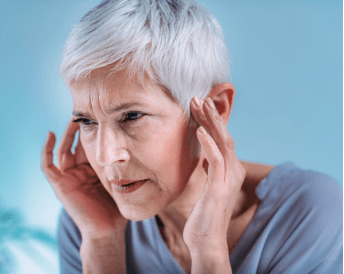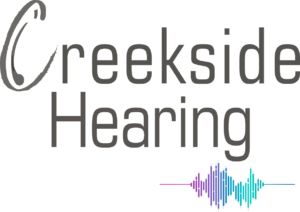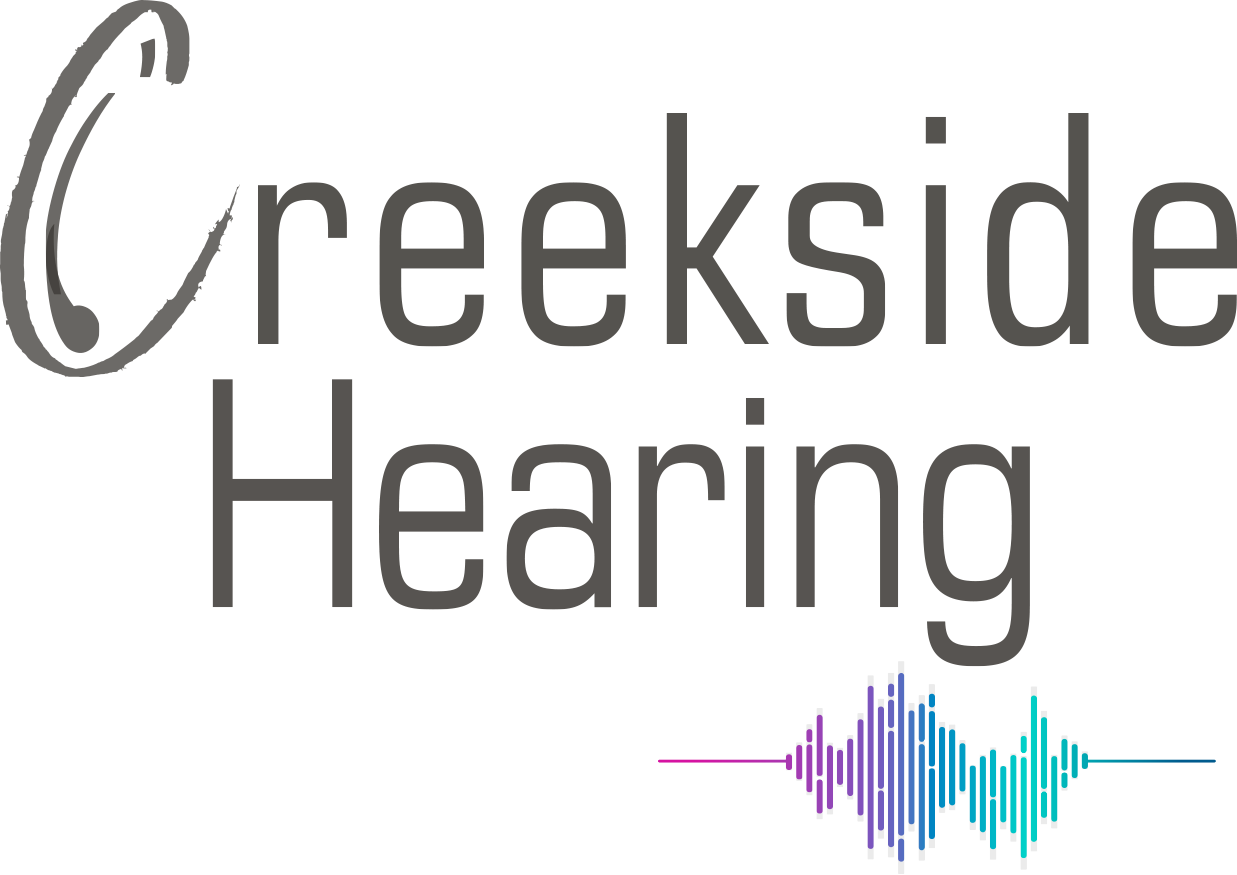
Do you ever hear a ringing sound in your ears that just will not go away? If you answered yes, then you are likely one of the 37% of adult Canadians (9.2 million) who live with tinnitus. Tinnitus is a medical term for “ringing in the ears”, which often stems from damage in the ear or auditory system. Depending on the severity of a person’s tinnitus, it can have either a minor or significant impact on their daily life. So, this month’s blog will help you better understand what tinnitus is, how it is caused, and ways we can help you find relief.
What is Tinnitus?
Tinnitus is commonly known as ringing in the ears, but the exact sounds vary for each individual, so it could also be described as roaring, buzzing, whistling, hissing, clicking, or humming. It can be soft or loud, high-pitched or low-pitched, and in one ear or in both. Tinnitus can be mild with sounds so soft that you may not even notice it, or severe with sounds so loud that they block out external noise and affect your daily life.

Types of Tinnitus
Although tinnitus is a very common condition, it sounds and affects everyone differently. There are four main categories: subjective, neurological, somatic, and objective. It is important to identify which type you may be experiencing. Here’s a quick breakdown of the different types of tinnitus:
- Subjective Tinnitus
This is the most common form of tinnitus and can only be heard by the affected individual. It is often caused by exposure to excessive or loud noise and comes in waves, meaning it appears and disappears suddenly and can vary in intensity and length.
- Neurological or Sensory Tinnitus
This type of tinnitus is actually a form of subjective tinnitus but is usually caused by a disorder that affects the way the brain processes sound. For example, Meniere’s disease can cause tinnitus as it primarily affects the brain’s auditory functions. You may feel dizzy or off-balance if you have this type of tinnitus.
- Somatic Tinnitus
Related to physical movement and touch, somatic tinnitus is also referred to as conductive tinnitus because it is caused by more outer functions. Things like muscle spasms in the ear or neck or anything that causes the neck to twist can be the source of somatic tinnitus. Impacted wisdom teeth, popping of the jaw, and other dental problems can also cause this type of tinnitus.
- Objective Tinnitus
This type of tinnitus is rare and is the only form that can be heard by an external observer, usually with a stethoscope. It can be caused by involuntary muscle contractions or vascular deformities which, once treated, usually stop the tinnitus entirety.
Some other subtypes of tinnitus include muscle tinnitus, pulsatile tinnitus, and low-frequency tinnitus.
What Causes Tinnitus?
Anyone with tinnitus is encouraged to see a professional to look at the auditory system, the nerve that connects your inner ear to your brain, and the parts of your brain tasked with processing sound. Aside from over-exposure to loud noises, the cause of tinnitus is typically uncertain and can sometimes develop for no obvious reason. Here are some health conditions that can result in tinnitus:
- Jaw joint dysfunction (TMJ)
- Noise-induced hearing loss or excessive noise exposure
- Chronic neck muscle strain or head and neck injuries
- Ear and sinus infections or allergies
- Diseases of the heart or blood vessels
- Ménière’s disease
- Brain tumours (generally benign)
- Hormonal changes in women
- Thyroid abnormalities
- Certain medications
- Ear wax buildup or foreign objects lodged in the ear
- Cardiovascular disease

How Creekside Can Help:
Prevention
Not all forms of tinnitus are preventable however, some are caused by noise exposure, so protecting your hearing is the best way to prevent tinnitus. Our team at Creekside Hearing can provide you with the tools and knowledge to protect your ears throughout the day and night. Most people do not even realize they are exposing their ears to loud noises, including at their workplace, exercise classes, concerts and movie theatres, or when turning the volume up too high on headphones or earbuds. Over time, exposure to loud sounds can damage the nerves in the ears, so try to limit your exposure, wear ear protection, turn down the volume, and take care of your cardiovascular health.
Diagnosis
To learn more about the tinnitus you’re experiencing, our team at Creekside Hearing will start with a medical history to learn if hearing loss runs in your family, what kind of medication you take, and if you spend a lot of time around loud noise. Our team will also perform a hearing assessment to check your ability to hear a range of tones, along with tympanometry to check your eardrums. We do not do MRI’s, only through ENT referral.
Resolutions for Relief
Creekside Hearing offers the best hearing health services for those living with tinnitus and we will always tailor our approach to your specific needs. Here are some of the most common resolutions for tinnitus that we may suggest:
- Earwax removal to decrease symptoms.
- Hearing aids if your tinnitus is caused by noise-induced or age-related hearing loss.
- Sound generators or environmental enrichment devices to mask your tinnitus.
- Some people turn to hearing aids even (if they have normal hearing) to help relieve the internal sounds of tinnitus.
- Tinnitus relief app called “Widex Zen” where you can play around with different options to see what helps. If your tinnitus is more on the severe side, there is also a tinnitus questionnaire that helps determine how it affects your daily life.
- For those in need of a change of prescription, psychological care, nutritionist, or etc., we can refer you to a General Practitioner to get more information and additional help as we cannot diagnose but only make recommendations.
- We can also refer our patients to an ENT for MRI’s or CT scans to further assess their tinnitus.

If you think you may be experiencing tinnitus or hearing loss and want to check your hearing health, then we at Creekside Hearing are here for you. You do not have to suffer and we hope that pesky ringing goes away on its own! Again, we don’t want you to think that we can make the ringing go away, but more so that you are not alone, and that we are here to listen and help guide you. We tailor all of our services to your personal hearing and lifestyle needs. Contact us at 519-885-0006 or at info@creeksidehearing.ca to learn more about our services or to book an appointment with our team. We look forward to working with you!




